Genetic testing
Recent articles
Basic pain research ‘is not working’: Q&A with Steven Prescott and Stéphanie Ratté
Prescott and Ratté critique the clinical relevance of preclinical studies in the field and highlight areas for improvement.

Basic pain research ‘is not working’: Q&A with Steven Prescott and Stéphanie Ratté
Prescott and Ratté critique the clinical relevance of preclinical studies in the field and highlight areas for improvement.
PTEN problems underscore autism connection to excess brain fluid
Damaging variants in the autism-linked gene cause congenital hydrocephalus—a buildup of cerebrospinal fluid in the brain—by turbocharging a downstream signaling pathway that promotes the growth of cells, according to a new study.

PTEN problems underscore autism connection to excess brain fluid
Damaging variants in the autism-linked gene cause congenital hydrocephalus—a buildup of cerebrospinal fluid in the brain—by turbocharging a downstream signaling pathway that promotes the growth of cells, according to a new study.
X marks the spot in search for autism variants
Genetic variants on the X chromosome, including those in the gene DDX53, contribute to autism’s gender imbalance, two new studies suggest.
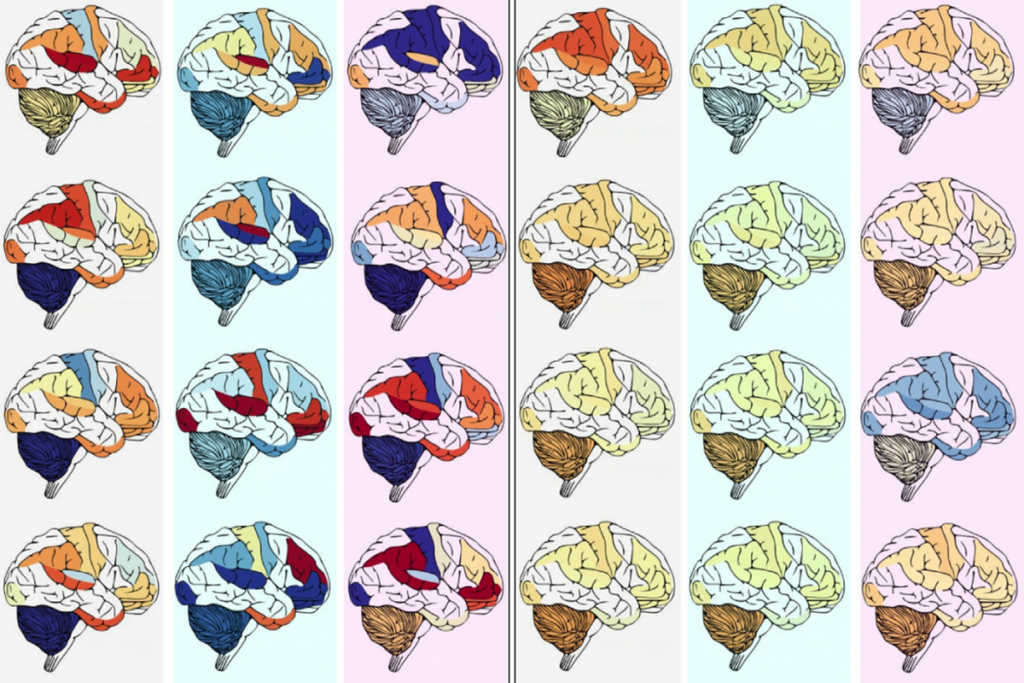
X marks the spot in search for autism variants
Genetic variants on the X chromosome, including those in the gene DDX53, contribute to autism’s gender imbalance, two new studies suggest.
A genetics-first clinic for catching developmental conditions early: Q&A with Jacob Vorstman
A new clinic is assessing children who have a genetic predisposition for autism and other neurodevelopmental conditions—sometimes before traits appear.

A genetics-first clinic for catching developmental conditions early: Q&A with Jacob Vorstman
A new clinic is assessing children who have a genetic predisposition for autism and other neurodevelopmental conditions—sometimes before traits appear.
Leveraging the power of community to strengthen clinical trials for rare genetic syndromes
Families can become not only participants but champions of these research efforts.
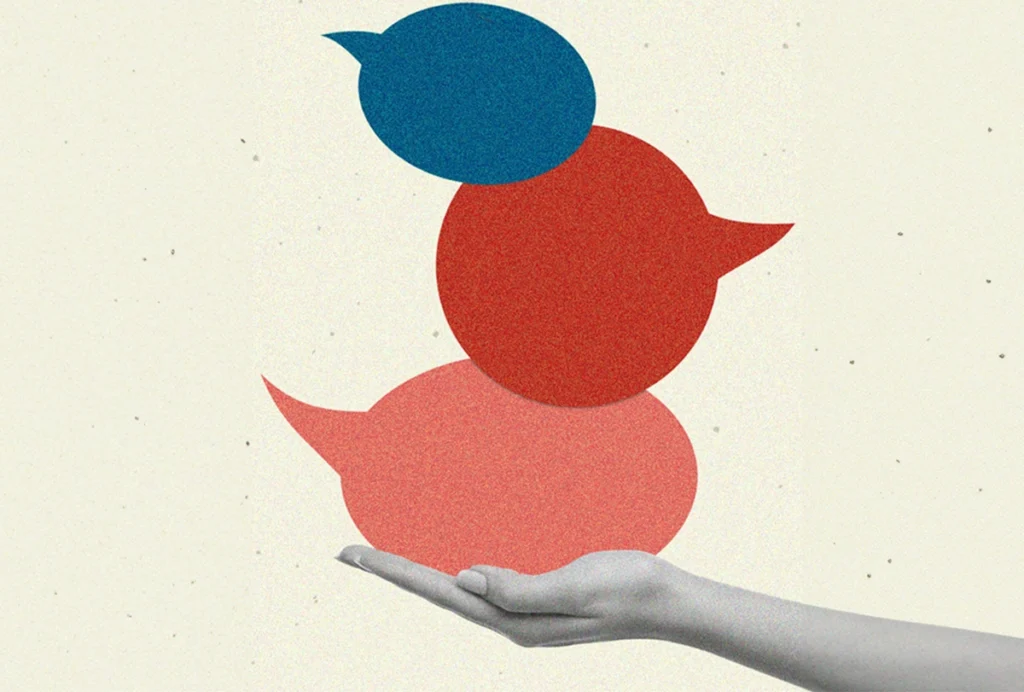
Leveraging the power of community to strengthen clinical trials for rare genetic syndromes
Families can become not only participants but champions of these research efforts.
Spectrum 10K consultation report delayed
The U.K.-based genetics study launched the consultation more than a year ago in response to fierce criticism from autistic self-advocates.

Spectrum 10K consultation report delayed
The U.K.-based genetics study launched the consultation more than a year ago in response to fierce criticism from autistic self-advocates.
Abundant motor proteins disrupt cries in FOXP2 mice
Knocking down the gene that codes for the proteins normalizes the vocalizations.
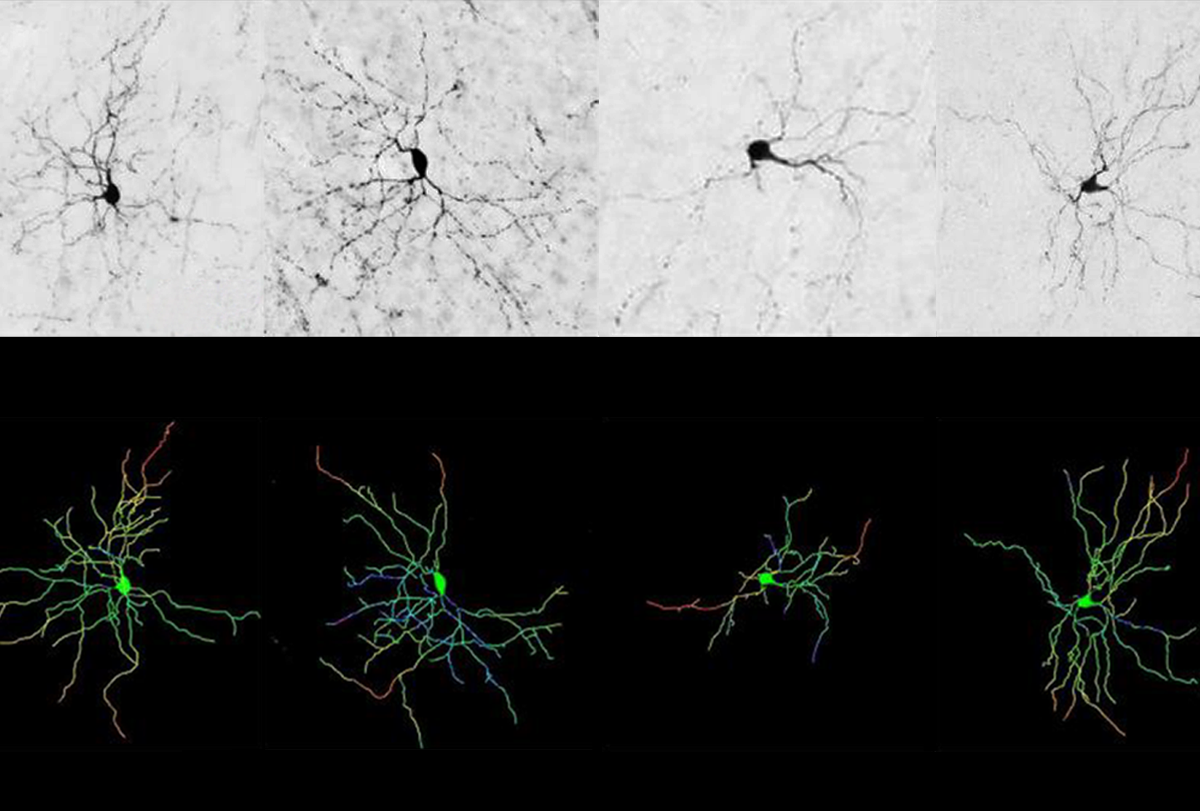
Abundant motor proteins disrupt cries in FOXP2 mice
Knocking down the gene that codes for the proteins normalizes the vocalizations.
Change of heart and mind: Autism’s ties to cardiac defects
Children with congenital heart disease have an increased likelihood of autism. Why?
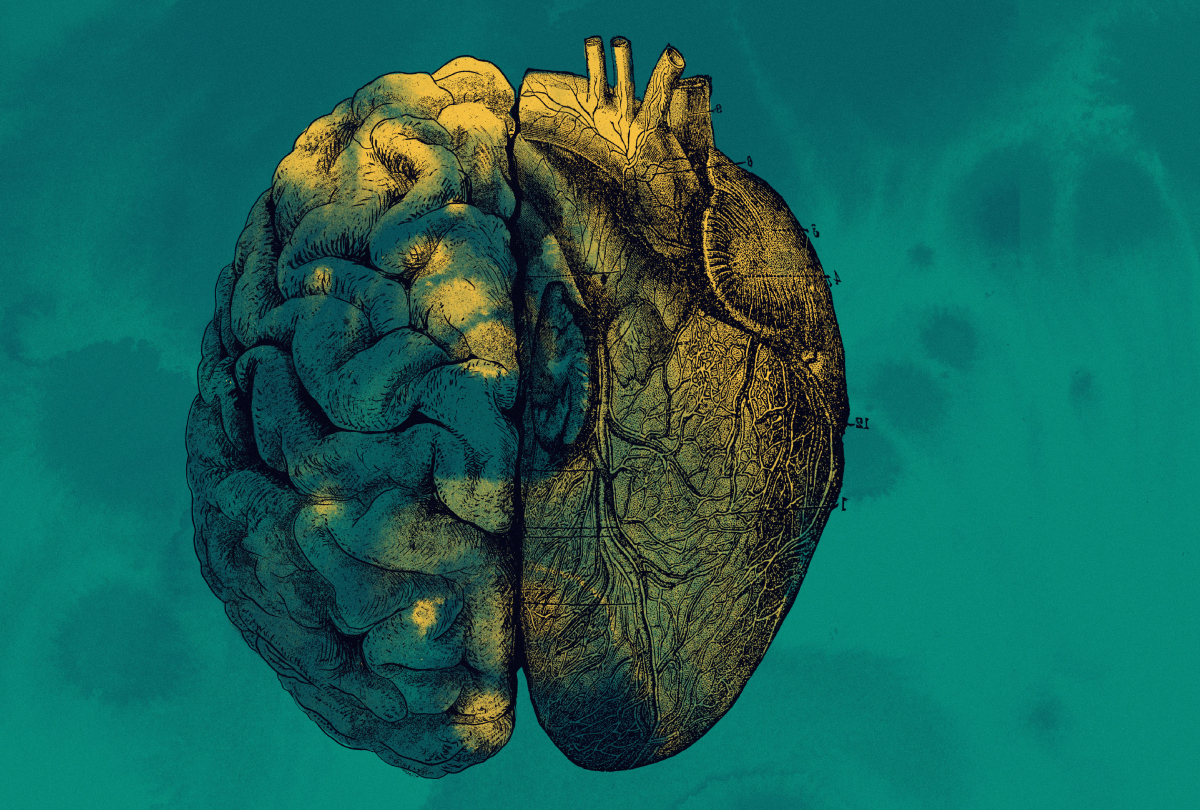
Change of heart and mind: Autism’s ties to cardiac defects
Children with congenital heart disease have an increased likelihood of autism. Why?
Mapping genetic influences on the infant brain: A chat with Rebecca Knickmeyer
Researchers know little about the ways genetic variants affect development in the infant brain. Knickmeyer, who launched the Organization for Imaging Genomics in Infancy, has spent the past five years trying to close the gap.
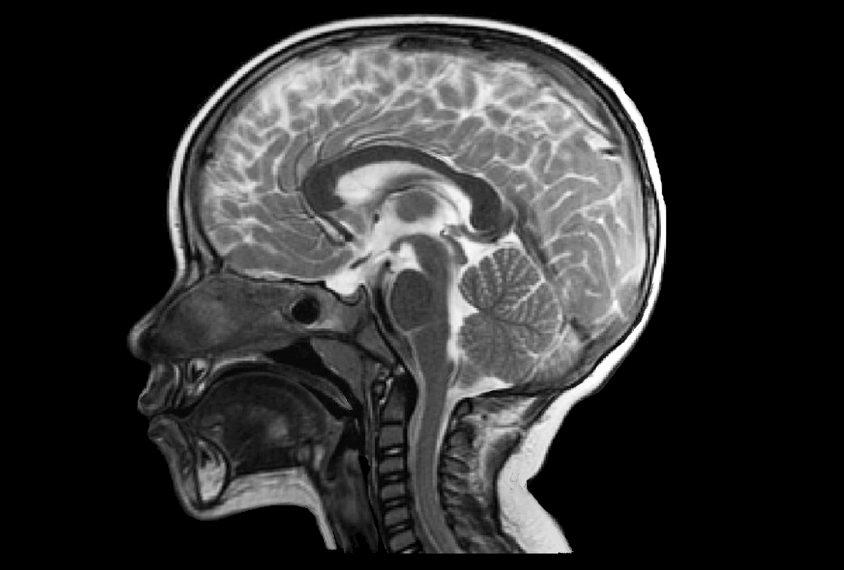
Mapping genetic influences on the infant brain: A chat with Rebecca Knickmeyer
Researchers know little about the ways genetic variants affect development in the infant brain. Knickmeyer, who launched the Organization for Imaging Genomics in Infancy, has spent the past five years trying to close the gap.
Whole-genome trove ties new genes, variants to autism
A massive update to the MSSNG dataset gives qualified researchers ready access to explore autism’s genetic architecture on a cloud-based platform.
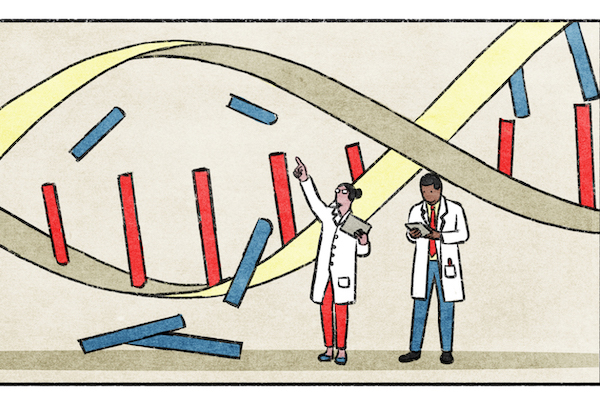
Whole-genome trove ties new genes, variants to autism
A massive update to the MSSNG dataset gives qualified researchers ready access to explore autism’s genetic architecture on a cloud-based platform.
Explore more from The Transmitter
Gazing at a location from afar activates place cells in chickadees
The results help explain how the hippocampus can recall information about a place without an animal physically revisiting it.

Gazing at a location from afar activates place cells in chickadees
The results help explain how the hippocampus can recall information about a place without an animal physically revisiting it.
Sounding the alarm on pseudoreplication: Q&A with Constantinos Eleftheriou and Peter Kind
Most studies of neurological disorders in mice erroneously treat multiple samples from a single animal as independent replicates, according to a new analysis. But scientists and journals can take steps to curb this practice.

Sounding the alarm on pseudoreplication: Q&A with Constantinos Eleftheriou and Peter Kind
Most studies of neurological disorders in mice erroneously treat multiple samples from a single animal as independent replicates, according to a new analysis. But scientists and journals can take steps to curb this practice.
Psychedelics meta-analysis retracted after authors request ‘significant changes’
While working on a similar analysis last year, an independent researcher spotted inconsistencies in the now-retracted paper.

Psychedelics meta-analysis retracted after authors request ‘significant changes’
While working on a similar analysis last year, an independent researcher spotted inconsistencies in the now-retracted paper.